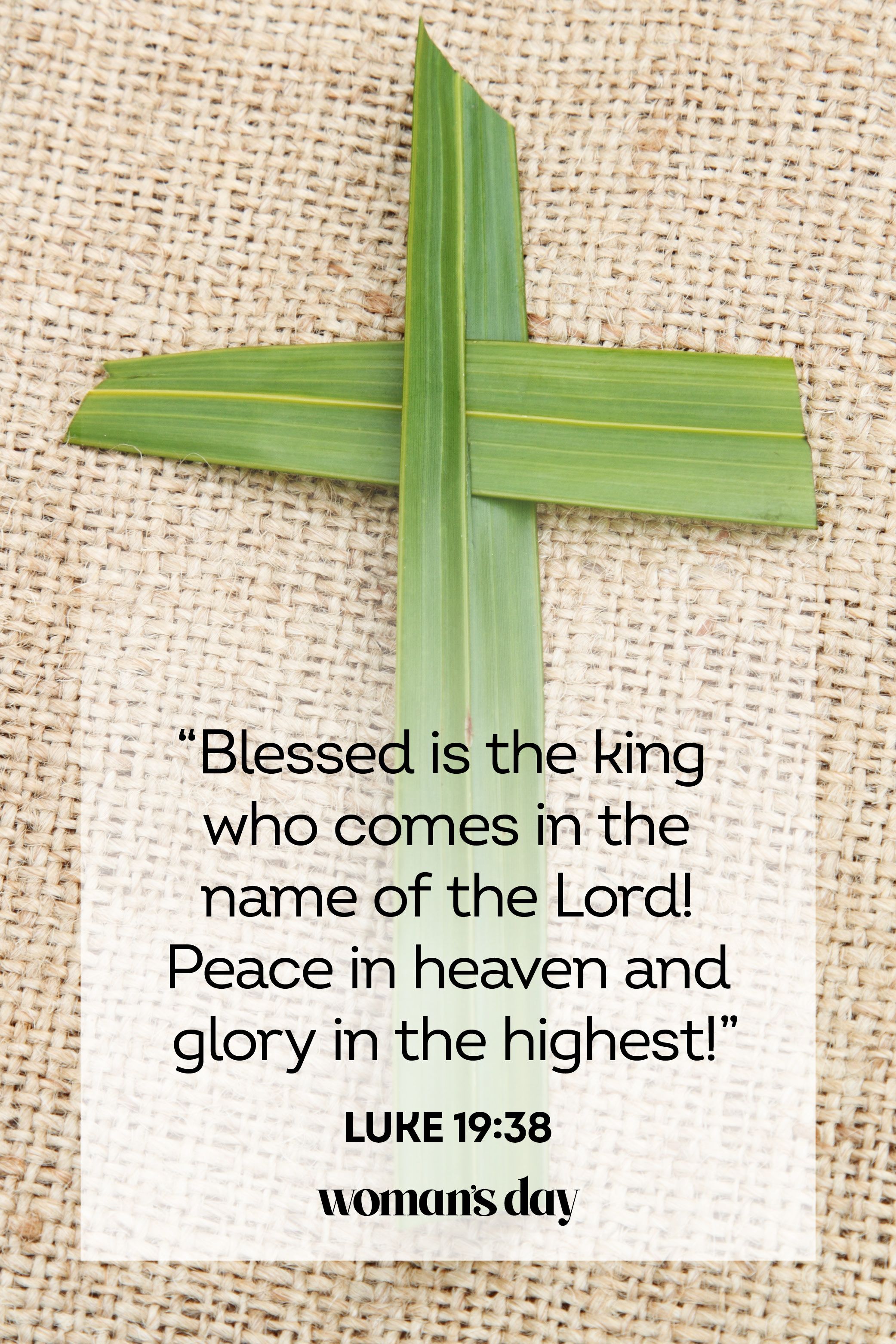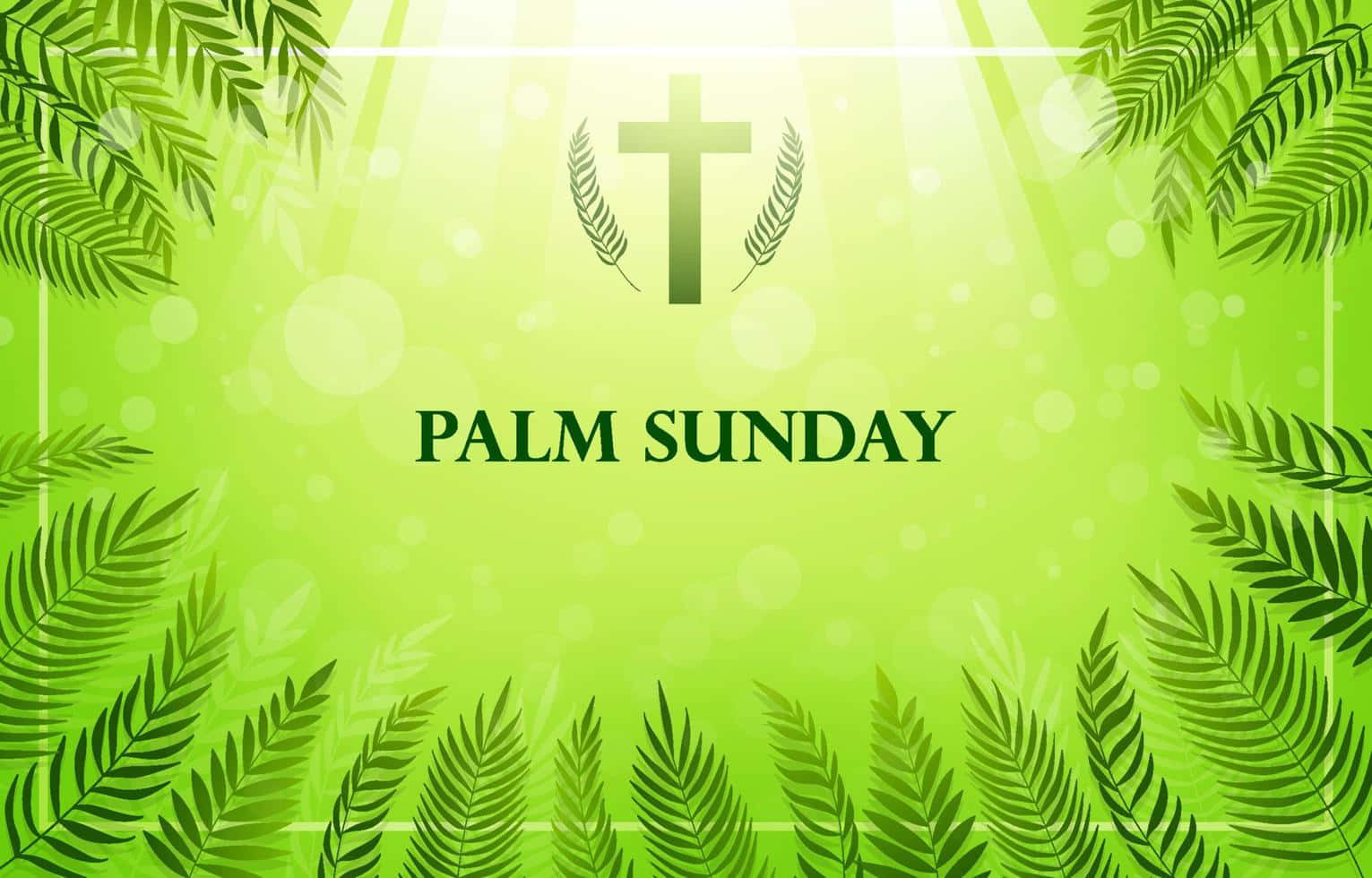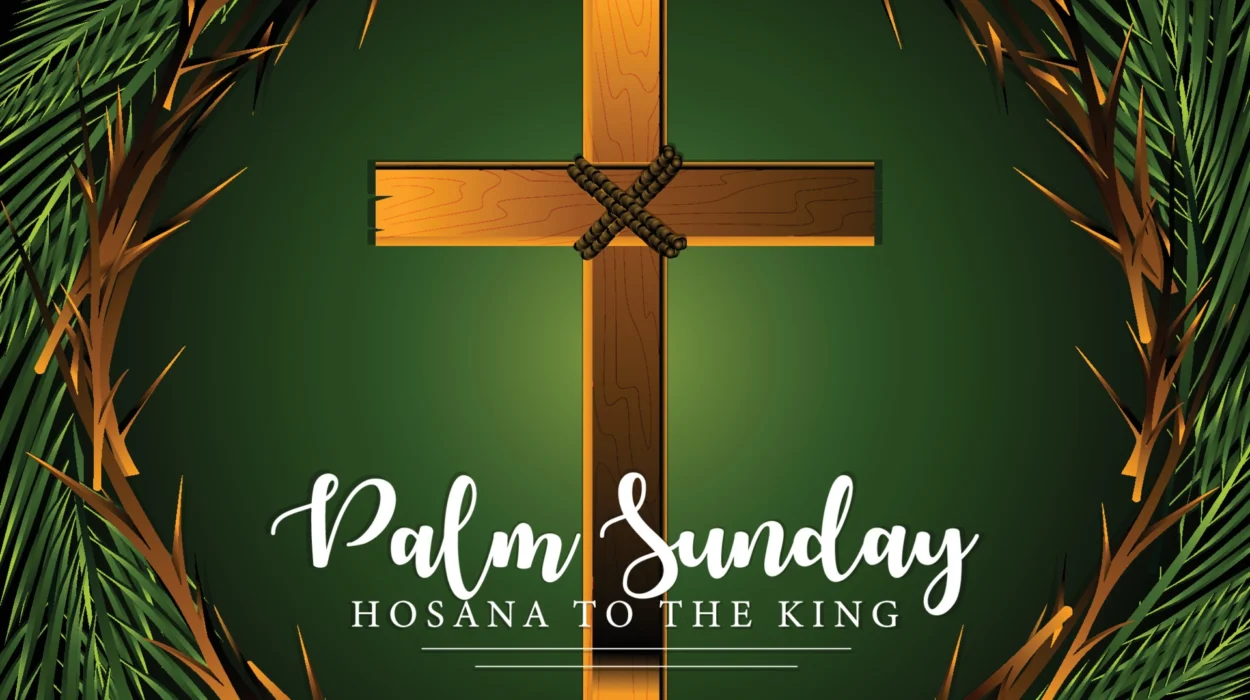Palm Sunday, celebrated on the Sunday before Easter, marks a pivotal moment in Christian history. As we approach 2025, it's essential to understand the significance and story behind this holiday. In this article, we'll delve into the biblical account of Palm Sunday, its meaning, and how Christians around the world commemorate this special day.
The Biblical Story of Palm Sunday
According to Matthew 21:1-11, Mark 11:1-11, Luke 19:28-44, and John 12:12-19, Palm Sunday takes its name from the palm branches that were waved by the people as Jesus rode into Jerusalem on a donkey. This event is recorded in all four Gospels, emphasizing its importance in Christian tradition.
As Jesus approached the city, he was greeted by a procession of pilgrims who had traveled from various towns to celebrate Passover. The crowd's excitement and anticipation were palpable, for they believed that their messiah would finally bring them freedom and deliverance from Roman rule.
The people laid down their cloaks and palm branches, shouting "Hosanna!" – a Hebrew phrase meaning "Save now!" or "Glory to God in the highest!" This demonstration of support was not just a show of enthusiasm but also an act of worship, acknowledging Jesus as the Messiah they had been waiting for.
The Significance of Palm Sunday
Palm Sunday serves as a precursor to Holy Week, which culminates with Easter Sunday. This day is crucial because it marks:
1.
Jesus' Triumphant Entry: As Jesus rode into Jerusalem, he was proclaiming his kingship and demonstrating his power over creation.
2.
The Fulfillment of Prophecy: The events of Palm Sunday fulfilled Old Testament prophecies, such as Zechariah 9:9-10, which spoke of a messianic figure entering Jerusalem on a donkey.
3.
The Foreshadowing of the Cross: Jesus' entry into Jerusalem was not just a triumphant procession but also a foreshadowing of his eventual crucifixion. The palms and cloaks symbolized the people's welcome, which would soon turn to rejection and abandonment.
How Christians Celebrate Palm Sunday
Today, Christians around the world commemorate Palm Sunday through various traditions:
1.
Processions: Many churches organize processions, reenacting Jesus' entry into Jerusalem with palm branches and singing hymns.
2.
Liturgy and Worship Services: Special worship services are held to reflect on the significance of Palm Sunday, often featuring readings from Scripture, prayers, and hymns.
3.
Palm Distribution: In some churches, palms are distributed to attendees, symbolizing their own welcome and acceptance of Jesus as their savior.
As we approach 2025, it's essential for Christians to understand and commemorate the significance of Palm Sunday. This holiday serves as a powerful reminder of Jesus' triumphant entry into Jerusalem, his kingship, and his ultimate sacrifice on the cross.









